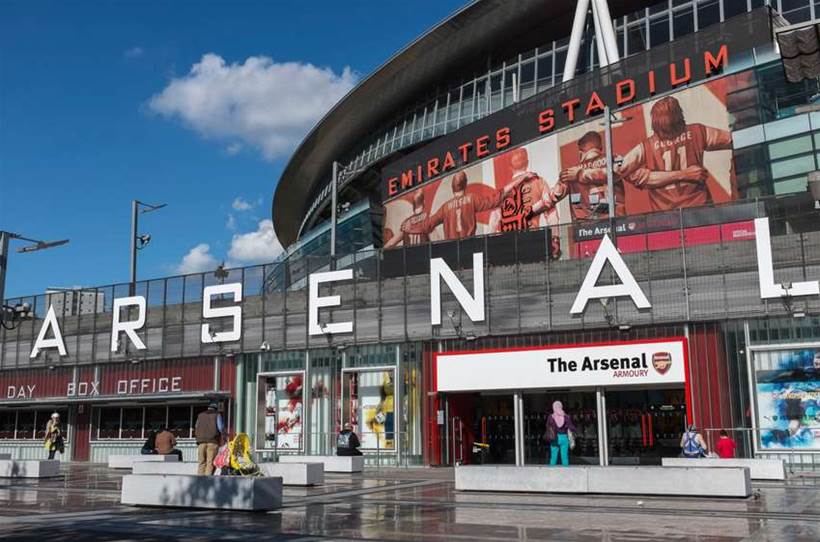As their core products and services continue to become commoditised and margins shrink, the pressure is on telcos to find new ways to compete – and that situation is being exacerbated locally as the NBN spreads across the country.
Once the basic infrastructure is the same, about the only levers left to pull are price, customer service, and the quality and capacity of the connections to the rest of the internet.
As a result, telcos have been moving into broadcasting and other media in their quest for diversification and differentiation. That has included locking up content rights, whether it’s Telstra affiliate Foxtel's stranglehold on Game of Thrones, or the acquisition of English Premier League (EPL) rights by Optus.
Complicating matters is the disruption being caused by over-the-top streaming services, led by Netflix’s entry to the Australian market.
What does this all mean for consumers? On one hand, we’re benefiting from greater competition. But on the other hand, our choices have become more complicated. In some cases, a lot more complicated.
Take, for example, the EPL broadcasts.
Even if you're a long-term Optus customer, that doesn't necessarily mean you get EPL broadcasts included – or even that you can pay an extra $15 a month for the rights. You have to be on an "eligible plan", as outlined in Optus' media release outlining the plans.
The good news is that Optus has now decided to offer the first season for free for those on eligible plans. But is it really free? For example, if you're on the $55 no-contract, broadband-only plan and want to watch the EPL, you need to move up to the $80 a month, 24-month plan. Yes, you also get unlimited data, but that's the case with all of the eligible broadband plans, so the claim that EPL data is unmetered rings hollow. That’s a significant consideration for mobile subscribers, but who wants to watch full matches on tiny screens?
Optus claims almost two in three football fans are out of contract for at least one mobile or broadband service. That may be, how many of those would consider Optus for either service? For example, if you're currently served by Telstra's BigPond Cable, would you be willing to switch to Optus ADSL (if Optus Cable wasn't available) until the NBN is available to you?
If you're a light mobile phone user happy with long-expiry prepaid that's costing you a few dollars a month, would you spend an extra $50 a month to switch to Optus postpaid and get the EPL?
What if you want to watch matches on your TV? You need Yes TV by Fetch. That's not available with broadband plans, only as part of broadband plus fixed phone bundles. Those plans cost $110 or $140 a month, so that's at least doubled the monthly spend from $55. Yes, you do get unlimited domestic phone calls and 30 movies a month, but not every household will value those inclusions highly.
There's also the forthcoming Yes TV by Fetch "mini set-top box device" for $5 a month, but it seems that will only be available to Optus post-paid mobile customers (which means a minimum spend of $60 a month for phone, EPL and device), and it's a case of BYO broadband (unmetered on Optus, but you'll need to take the data used into account if you're with another ISP and not on an unlimited plan).
Bizarrely, Optus doesn't seem to have taken into consideration Foxtel's countermoves before revealing exactly how it will be selling EPL coverage. The subscription TV provider has added club channels (Chelsea, Liverpool, Manchester United, Arsenal, Tottenham Hotspur and Manchester City matches on delay) for no additional expenditure above the sport package. Alternatively, viewers can make do with one match per week on SBS.
Judging by responses on social media, Optus move into EPL broadcasting has certainly not improved its brand perception.
So rather than encouraging loyalty – the prevailing wisdom is that the more services you sell a customer, the less likely they are to churn – the deal could backfire as the NBN spreads and more households are able to buy fast broadband from ISPs other than Optus and Telstra, which also has form for tying up sports rights.









